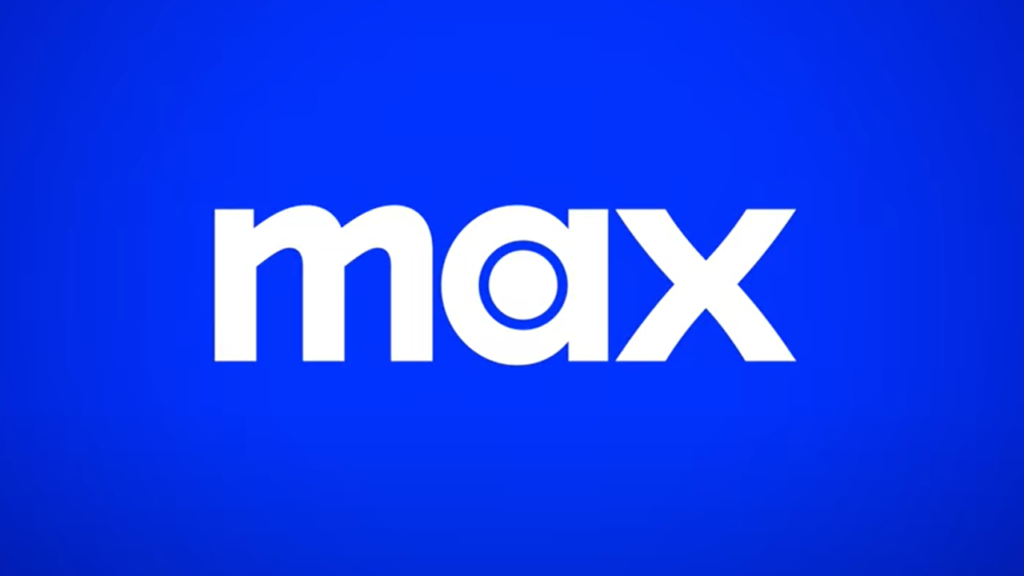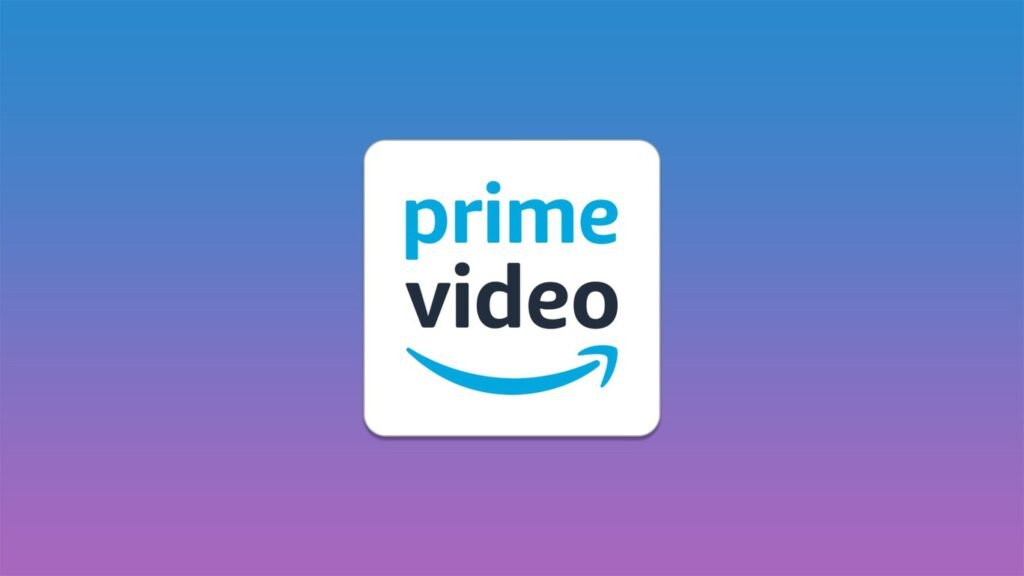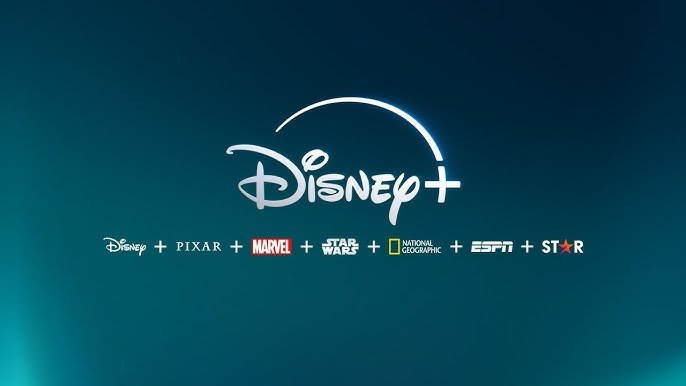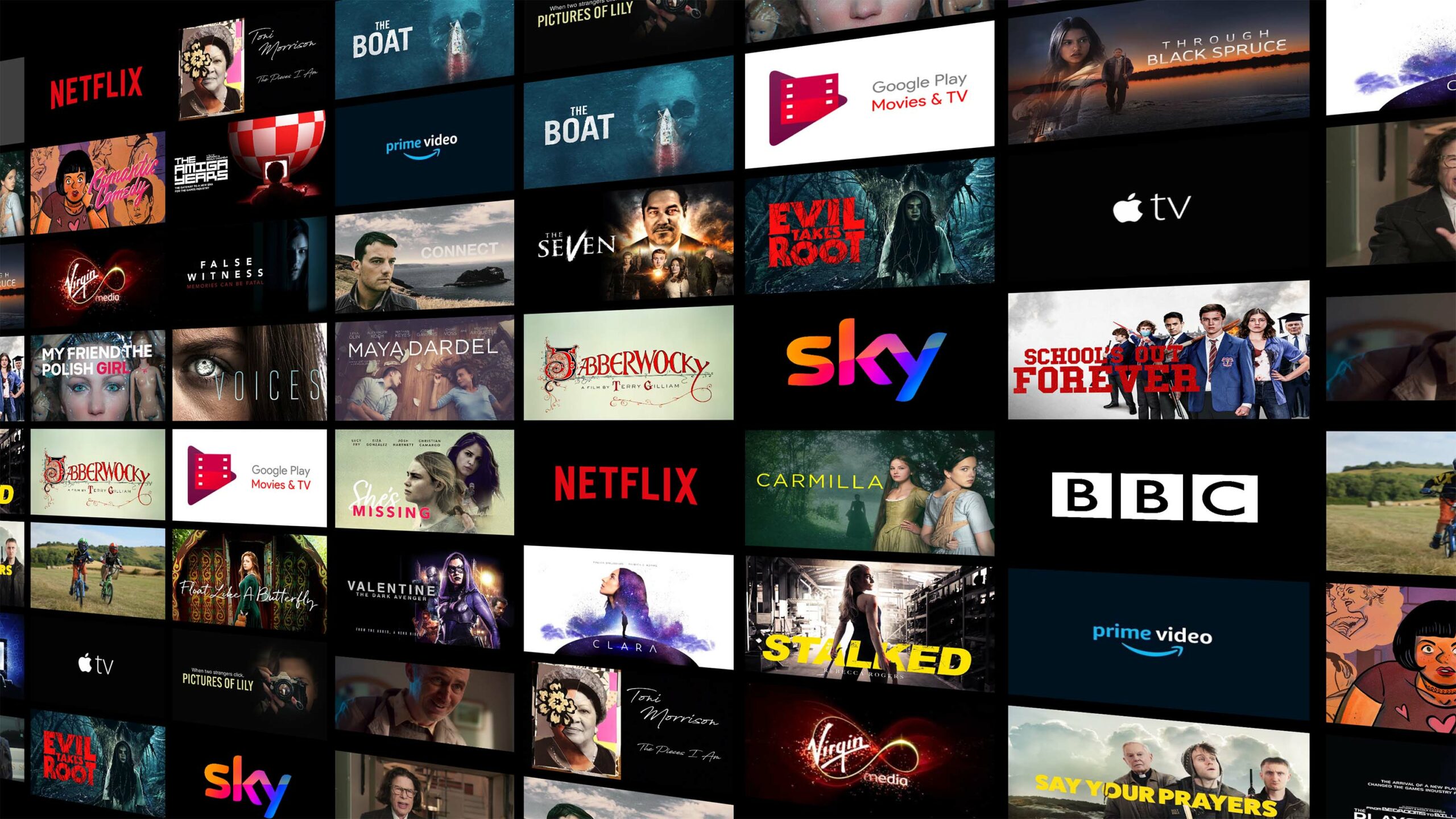The rise of streaming platforms has undoubtedly had an impact on movie industry, transforming the way in which we consume film. From Amazon Prime to Disney+, streaming services have revolutionized film production, distribution, marketing, and even the role of traditional movie theaters. In this article, we’ll explore how streaming has reshaped the movie industry and what the future holds.
The Rise of Streaming Platforms
Streaming platforms have seen explosive growth over the last decade. Giants like Netflix, Disney+, Amazon Prime Video, and HBO Max have redefined how audiences consume content. According to recent studies, over 80% of internet users subscribe to at least one streaming service, signalling a massive shift from traditional cable and theater viewing to on-demand content.




Like this article from Film Local also suggests, this shift in consumer habits means viewers can watch movies anywhere, anytime, on any device. The convenience of streaming has made it the preferred choice for millions worldwide, challenging the dominance of theatrical releases and physical media. However, that’s not to say the streaming is the best way to watch content now, however it’s certainly make audiences rethink their viewing habits.
Streaming Impact on Movie Production
Streaming platforms have not only changed how movies are watched but also how they are made. Unlike traditional studios that often prioritize big-budget blockbusters, streaming services fund a broad range of projects, including original films, documentaries, and niche genres that might otherwise struggle to find backing.

This has led to a surge in diverse storytelling, with creators from underrepresented backgrounds getting more opportunities to produce unique content. Platforms like Netflix invest billions annually in original productions, driving innovation and creativity in the industry.
Changes in Distribution and Release Strategies
One of the most significant shifts caused by streaming is the change in how movies are released. Traditional theatrical windows – where movies would premiere exclusively in cinemas before hitting other formats – are becoming a thing of the past.

Today, day-and-date releases allow movies to debut simultaneously in theaters and on streaming platforms. This strategy offers greater accessibility but has sparked debate over its impact on box office revenues and cinema culture. Moreover, streaming enables movies to reach global audiences instantly, bypassing the staggered international release schedules that once limited exposure.
Effects on Traditional Cinema and Theaters
The rise of streaming has undoubtedly impacted traditional cinemas. You can argue that box office numbers have declined, especially in the wake of the COVID-19 pandemic, as more people embrace home viewing. However, more recent successful movies such the How To Train Your Dragon ‘live’ action remake, F1, and the strong figures for Jurassic World: Rebirth, prove that the cinema-going experience is still a huge draw for many people.

Also, theaters are adapting by enhancing the in-person experience through IMAX screenings, 3D, luxury seating, and exclusive content events. While the future of movie theaters is uncertain, especially the larger multiplexes, they continue to play a vital role in delivering communal movie experiences.
Impact on Movie Marketing and Viewer Engagement
Streaming platforms leverage data-driven marketing and personalized content recommendations to engage viewers. Unlike traditional advertising, streaming services use algorithms to suggest movies tailored to individual tastes, boosting viewer retention.

Social media campaigns and influencer partnerships also create buzz around new releases, fostering active communities around specific films and genres.
Economic and Industry Implications
The economics of the movie industry have shifted with streaming. Subscription models replace traditional ticket sales and DVD or Blu-ray purchases, changing revenue streams for studios and distributors.

The role of distributors is evolving as streaming platforms often serve as both producers and distributors, streamlining the supply chain. Film festivals and awards ceremonies are also adapting, increasingly recognizing streaming content alongside theatrical releases.
The Future of Streaming and the Movie Industry
Looking ahead, streaming is poised to continue driving innovation. Emerging technologies like virtual reality (VR), augmented reality (AR), and interactive films promise new ways to experience movies. While challenges such as content oversaturation and competition remain, the movie industry’s future is deeply intertwined with streaming platforms, which offer unparalleled reach and creative freedom.

Streaming has fundamentally changed the movie industry – from production to distribution, marketing, and viewing habits. As audiences continue to embrace on-demand content, the way we make and watch movies will keep evolving. Whether you’re a filmmaker, cinephile, or casual viewer, streaming’s impact is undeniable and permanent.
More importantly however, what do you think about the streaming revolution? Share your thoughts on the future of the film industry in the comments!




